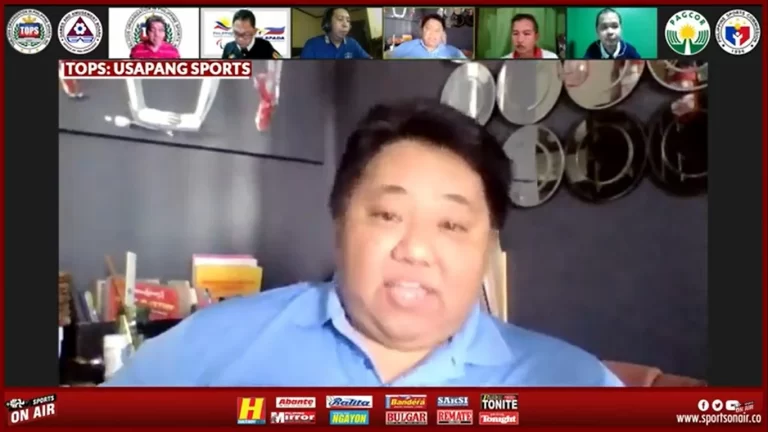This is the third part of the four-part series of The Future of Media and Information Literacy (MIL) in the Philippines. This article will discuss key policy recommendations to enhance Media and Information Literacy (MIL) education in the Philippines.
Introduction
In today’s digital age, where information flows at an unprecedented rate and from a multitude of sources, the ability to navigate and critically engage with this vast sea of data is not just beneficial – it’s essential. The Philippines has recognized this pressing need and taken commendable steps to integrate Media and Information Literacy (MIL) into its education system.
However, the journey towards a fully MIL-literate society is ongoing, with challenges persisting in terms of policy comprehensiveness, effective implementation, and adapting to the rapid advancements in digital media.
This essay delves into the current state of MIL in the Philippines, highlighting key areas for improvement and proposing actionable recommendations to enhance its effectiveness.
The Current Landscape of MIL in the Philippines
There is already significant progress in the Philippine Education System when it included MIL in its curriculum. However, there is some room for growth. There are some challenges that need to be addressed such as policy gaps, implementation challenges, and a comparative lag behind other nations.
One prominent policy gap lies in the limited scope of MIL education. Its scope is limited because it is just offered in senior high school rather than in early childhood education. This creates a void wherein there is no solid foundation to make MIL education as robust as possible because it is just crammed into two years rather than from the beginning of the education journey of a student.
Moreover, the lack of teacher training and resources is a problem because it leads to a lack of proper educational experience among students. When teachers cannot fully grasp how to teach the subject, they lack the confidence and the competence to deliver on what is expected from them.
On the other hand, the Philippines’ MIL educational landscape wanes compared to the strides that other countries like Finland and Sweden made. These countries have deeply embedded MIL throughout is education system and they fully support comprehensive policies and resource allocation to make MIL instruction successful. This is a challenge for the Philippines to bridge this gap by addressing the existing challenges and proactively seeking innovative solutions.
Charting a Path Forward: Key Areas for Improvement
To elevate MIL education in the Philippines, several key areas require focused attention and concerted effort.
• Comprehensive Curriculum Integration: MIL should not be confined to a single subject or a specific grade level but it should be woven into the fabric of the curriculum across all educational stages. This holistic approach would ensure that students progressively develop MIL skills. This will reach the desired outcome where they are capable of navigating the complexities of the information landscape with confidence and discernment.
• Strengthened Partnerships: Collaboration among various stakeholders is paramount. Such partnerships can leverage diverse expertise and resources to bolster teacher training, develop innovative instructional materials, and advocate for policy reforms that prioritize MIL education.
• Community-Based Initiatives: Recognizing that MIL education extends beyond formal classrooms, community-based programs play a vital role in reaching underserved populations and bridging the digital divide. Moreover, these initiatives should be tailored to the specific needs and contexts of different communities. These programs can empower individuals of all ages and backgrounds to become discerning consumers and responsible producers of information.
• Prioritizing Digital Literacy: In an era dominated by digital media, it is indispensable to hone digital literacy. It is imperative to understand how digital platforms operate, to recognize online threats such as cyberbullying and misinformation, and to use digital tools responsibly.
Recommendations for Policy and Practice
To translate these areas for improvement into concrete action, several recommendations can guide policy and practice:
• National MIL Strategy: The development of a comprehensive national MIL strategy is essential to provide a clear roadmap for the implementation and evaluation of MIL programs across the country. This strategy should articulate clear goals and action plans. This should also include mechanisms for ongoing monitoring and assessment to ensure its relevance and effectiveness in an ever-evolving media landscape.
• Investment in Teacher Training: Adequate resources must be allocated to equip educators with the knowledge, skills, and confidence to teach MIL effectively. This entails providing access to professional development opportunities, instructional materials, and technological tools that support their pedagogical practice.
• Regular Assessments and Updates: The dynamic nature of the media landscape necessitates regular assessments and updates to MIL programs. Curricula, instructional materials, and pedagogical approaches should be continuously reviewed and refined to incorporate emerging trends, technologies, and challenges.
• Public Awareness Campaigns: Raising public awareness about the importance of MIL is crucial for fostering a culture of critical thinking and informed decision-making. Targeted campaigns through various channels, including social media, television, and community events, can educate citizens about the value of MIL and encourage them to actively engage with media and information.
Conclusion
In conclusion, it is a societal imperative to advance Media and Information Literacy in the Philippines. When individuals are equipped with the skills to critically assess and engage with media and information, MIL fosters a culture of informed and responsible citizenship. It is through collaborative efforts that the vision of a future where all citizens can navigate the complexities of the media landscape with confidence and competence can be realized.
The journey towards a fully MIL-literate society requires sustained commitment and continuous adaptation. However, the potential rewards are immeasurable, ranging from individual empowerment and informed decision-making to a more resilient and vibrant democracy.
This press release has also been published on VRITIMES




